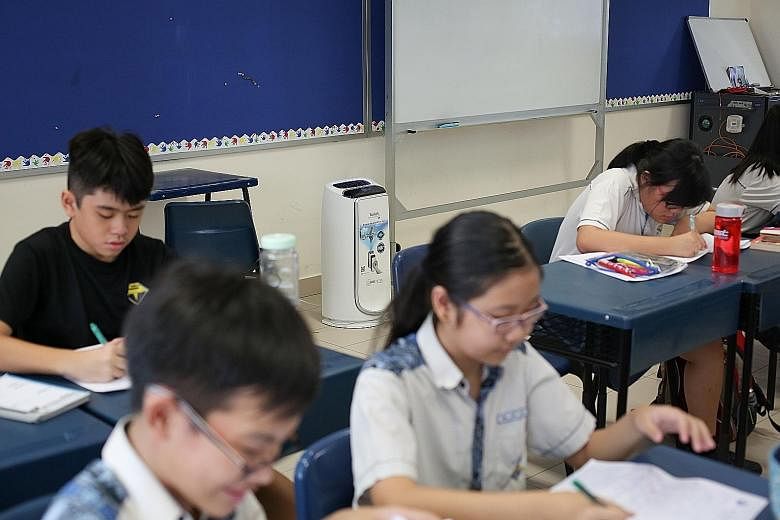On an otherwise un-extraordinary Friday evening, when most 12-year-olds in Singapore were halfway through their momentous Primary School Leaving Examination, Minister for Education Ong Ye Kung announced a slew of changes to the school system that seek to de-emphasise grades.
These include doing away with examinations for Primary 1 and 2 pupils, and mid-year examinations for pupils in Primary 3 and 5 and students in Secondary 1 and 3. In addition, all students from Primary 3 to Secondary 4 or 5 will have no more than one weighted assessment per subject per school term. Across all levels, report books will stop the practice of indicating the students' rankings and the mean subject grades and overall scores.
Already a subscriber? Log in
Read the full story and more at $9.90/month
Get exclusive reports and insights with more than 500 subscriber-only articles every month
ST One Digital
$9.90/month
No contract
ST app access on 1 mobile device
Unlock these benefits
All subscriber-only content on ST app and straitstimes.com
Easy access any time via ST app on 1 mobile device
E-paper with 2-week archive so you won't miss out on content that matters to you

